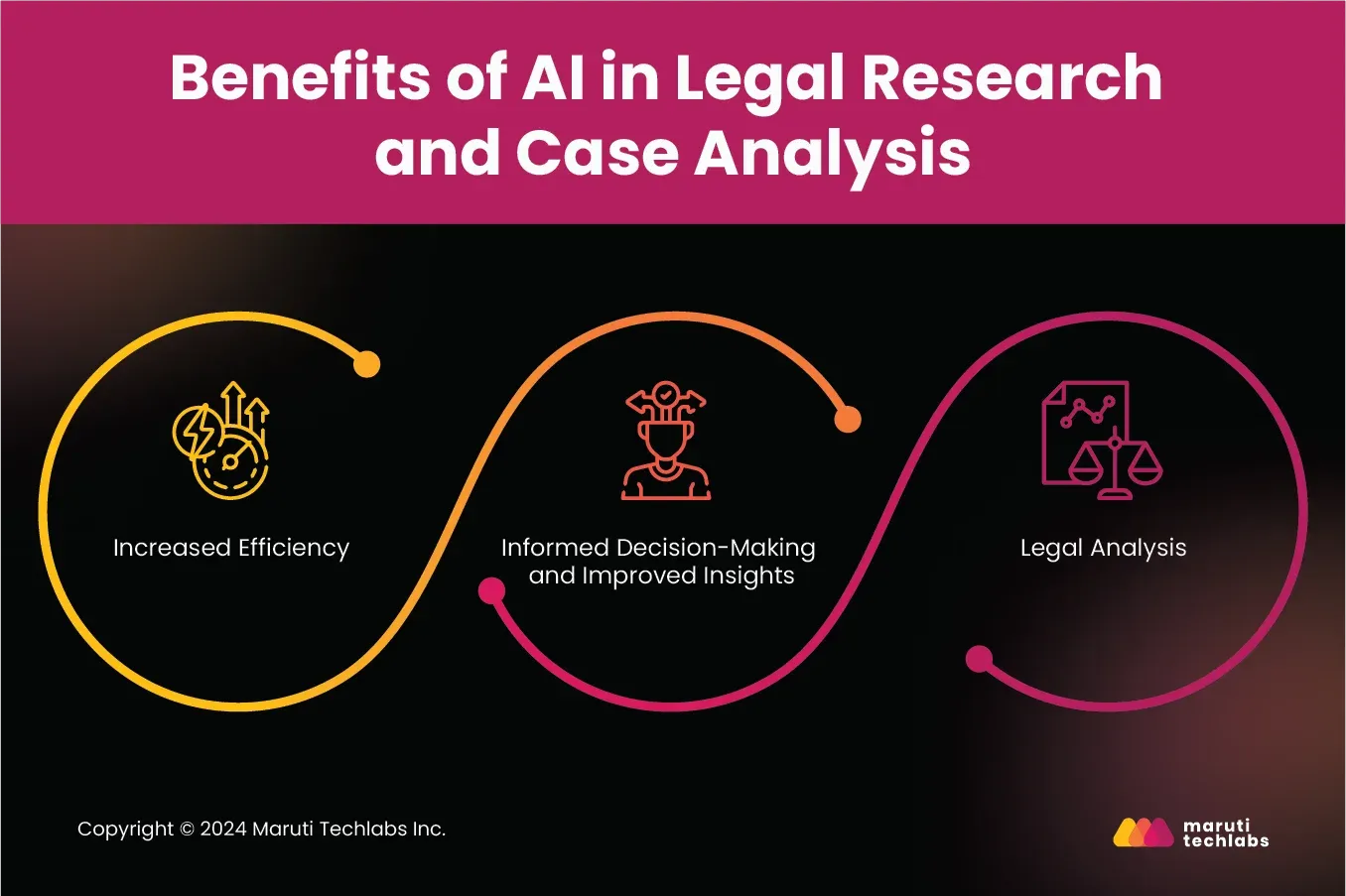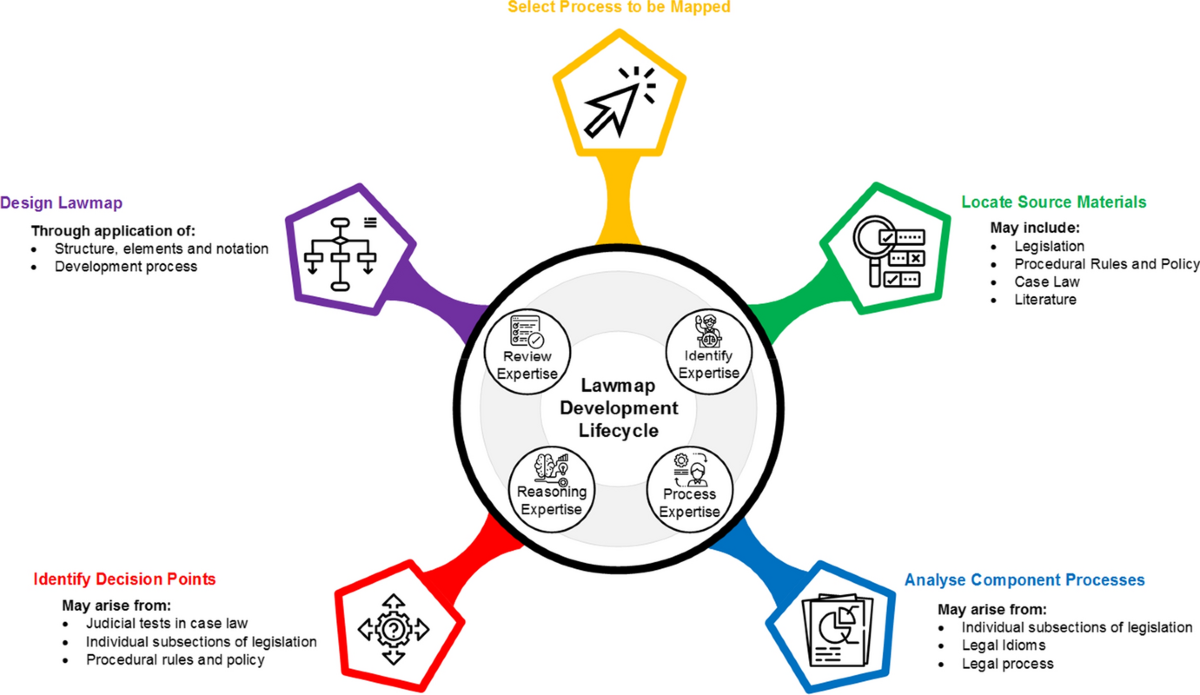The Time Crunch: Why Legal Professionals Need AI Assistance
The legal profession is notoriously demanding. Lawyers, paralegals, and researchers are constantly juggling multiple cases, tight deadlines, and an overwhelming volume of information. Sifting through endless case law, statutes, and regulations can be a monumental task, often leaving little time for strategic thinking and client interaction. This constant pressure impacts efficiency and can even lead to burnout. AI-powered legal research tools offer a vital solution to this problem by streamlining the research process and significantly reducing the time spent on tedious tasks.
AI’s Role in Streamlining Legal Research
AI is transforming legal research by leveraging sophisticated algorithms and machine learning to analyze vast datasets with unparalleled speed and accuracy. Instead of manually searching through countless documents, AI tools can quickly identify relevant case law, statutes, and regulations based on specific keywords and contextual information. This significantly reduces the time required for research, freeing up legal professionals to focus on higher-level tasks such as legal strategy, client communication, and case preparation. The result is a more efficient and effective workflow.

Beyond Keyword Searches: Understanding Contextual Relevance
Traditional keyword searches often yield a large number of irrelevant results, requiring considerable manual filtering. AI goes beyond simple keyword matching, understanding the context and nuance of legal language. Advanced algorithms analyze the relationships between different legal concepts, identifying subtle connections that might be missed by human researchers. This means more precise and targeted results, saving valuable time and effort. The ability to grasp contextual relevance significantly improves the quality and reliability of the research output.
Predictive Capabilities: Anticipating Legal Outcomes
Some AI-powered legal research platforms offer predictive capabilities, analyzing historical data to predict the potential outcomes of cases. By identifying patterns and trends in similar cases, these tools can provide insights into the strengths and weaknesses of a legal argument and help lawyers develop more effective strategies. While not a guarantee of success, this predictive capability can inform decision-making and significantly improve the chances of a favorable outcome. This proactive approach empowers lawyers to anticipate challenges and optimize their approach to litigation.
Enhanced Accuracy and Reduced Risk of Errors
The meticulous nature of legal research demands a high degree of accuracy. Human error is inevitable, but AI tools can significantly reduce the risk of mistakes by providing accurate and reliable results. AI algorithms can automatically check for inconsistencies, identify potential errors, and flag any discrepancies in the research process. This enhanced accuracy helps to ensure the reliability of legal arguments and reduces the potential for costly mistakes. The focus shifts from error detection to strategic decision-making.
Collaboration and Accessibility: Empowering the Legal Team
AI legal research tools are designed to enhance collaboration within legal teams. They often provide features that allow multiple users to access and share research data, facilitating smoother workflows and better communication. Furthermore, many of these tools are accessible from various devices, providing flexibility and convenience for legal professionals who need to work remotely or on the go. This increased accessibility democratizes access to advanced research capabilities and strengthens team dynamics.
Cost-Effectiveness and Return on Investment
While the initial investment in AI legal research tools may seem significant, the long-term cost savings and increased efficiency can lead to a substantial return on investment. By reducing the time spent on research, these tools free up valuable billable hours, allowing lawyers to focus on higher-value tasks. Furthermore, the increased accuracy and reduced risk of errors can prevent costly mistakes and improve the overall success rate of legal cases. This efficient use of resources leads to a strong financial return.
The Future of Legal Research: A Symbiotic Partnership
The integration of AI into legal research isn’t about replacing human lawyers; it’s about augmenting their capabilities. AI serves as a powerful tool that empowers legal professionals to work more efficiently, accurately, and strategically. As AI technology continues to evolve, we can expect even more sophisticated and user-friendly tools that further enhance the legal research process, creating a symbiotic partnership between human expertise and artificial intelligence. Read also about AI in legal research product features.










